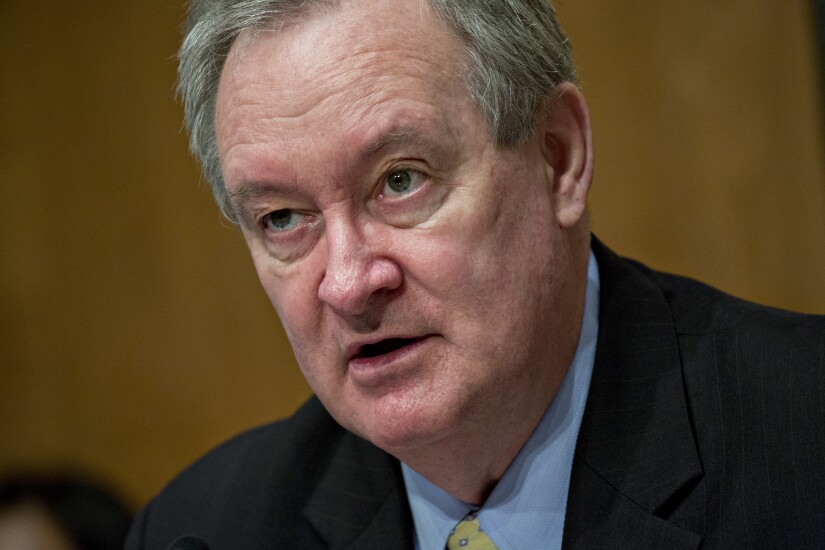WASHINGTON — The Democratic electoral victories in Virginia and New Jersey this week boosted hopes of the opposition party that it could take control of the House in midterm elections next year. A new balance of power in Congress would immediately change the calculation on a whole host of financial services policy initiatives.
Democratic chances of retaking the House in 2018 had already looked somewhat promising due to President Trump’s low approval ratings and an energized progressive movement. But big gubernatorial victories by Ralph Northam in Virginia and Phil Murphy in New Jersey were the first hard evidence that voters are ready to act. Democrats' victory was even larger than even their most optimistic hopes: They came close to expunging the GOP’s large majority in the Virginia House of Delegates, with some races too close to call. Control of state houses helps determine the drawing of congressional districts.
After the GOP captured the U.S. House majority in 2010, Republicans quickly went to work trying to offer a counterweight to the post-crisis regulatory regime established by the previous Democratic leadership under President Obama. Various bills and hearings sought to undercut the Dodd-Frank Act and the Consumer Financial Protection Bureau, among other things.
A Democratic victory in 2018 would likely have a reverse effect, with Congress pushing for more restrictions. The deregulatory push by the current GOP leadership and the Trump administration would hit an obvious hurdle. The administration is likely at some point to choose its own CFPB director, but that person’s initiatives would likely face fierce pushback by Democratic committee chairs, just as current Director Richard Cordray has encountered.
But perhaps the biggest effect is divided power in Washington. A change of leadership is less likely in the Senate, where GOP control looks safer. If each chamber is held by a different party, that further reduces the likelihood that lawmakers can agree on legislation, including any comprehensive regulatory relief package (if that has not passed already by next year).
Here is a rundown on how a Democratic changeover in the House would affect the financial services policy landscape:











